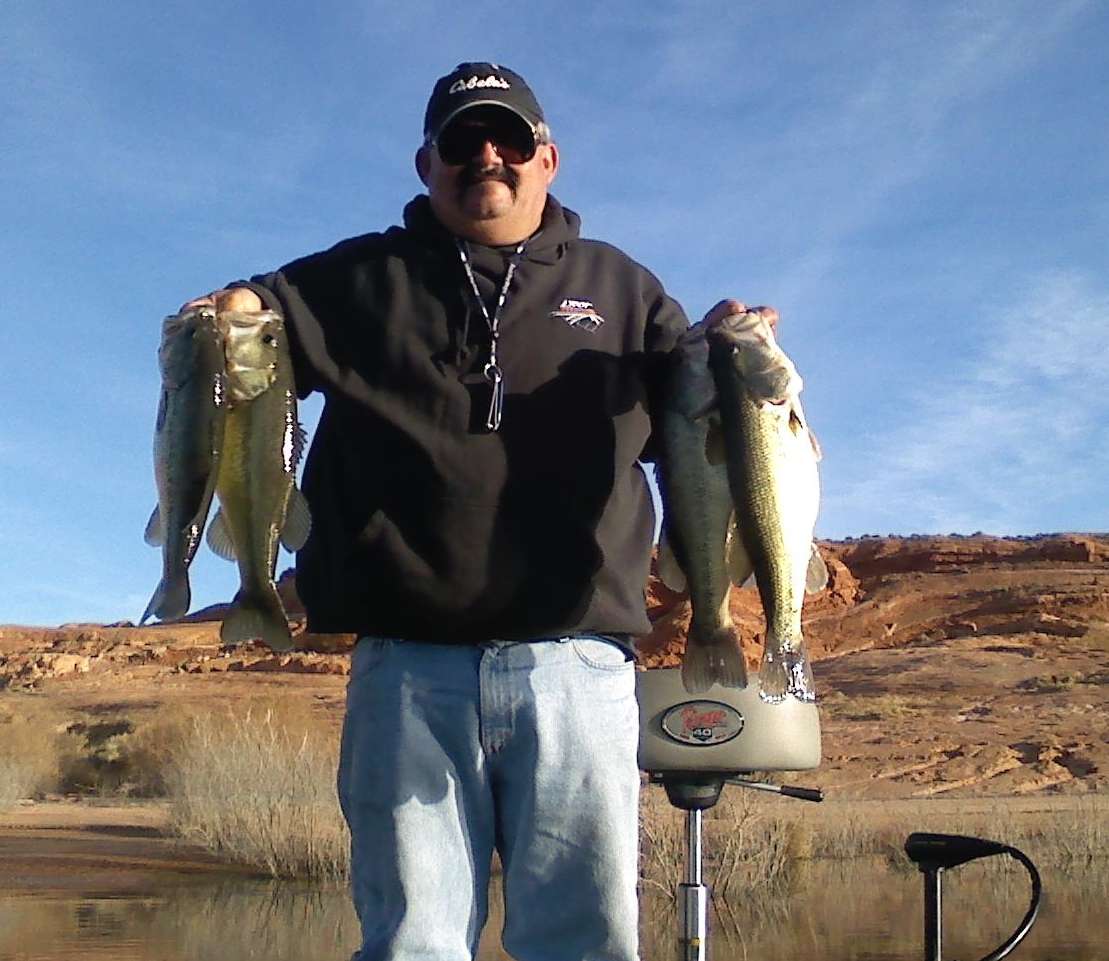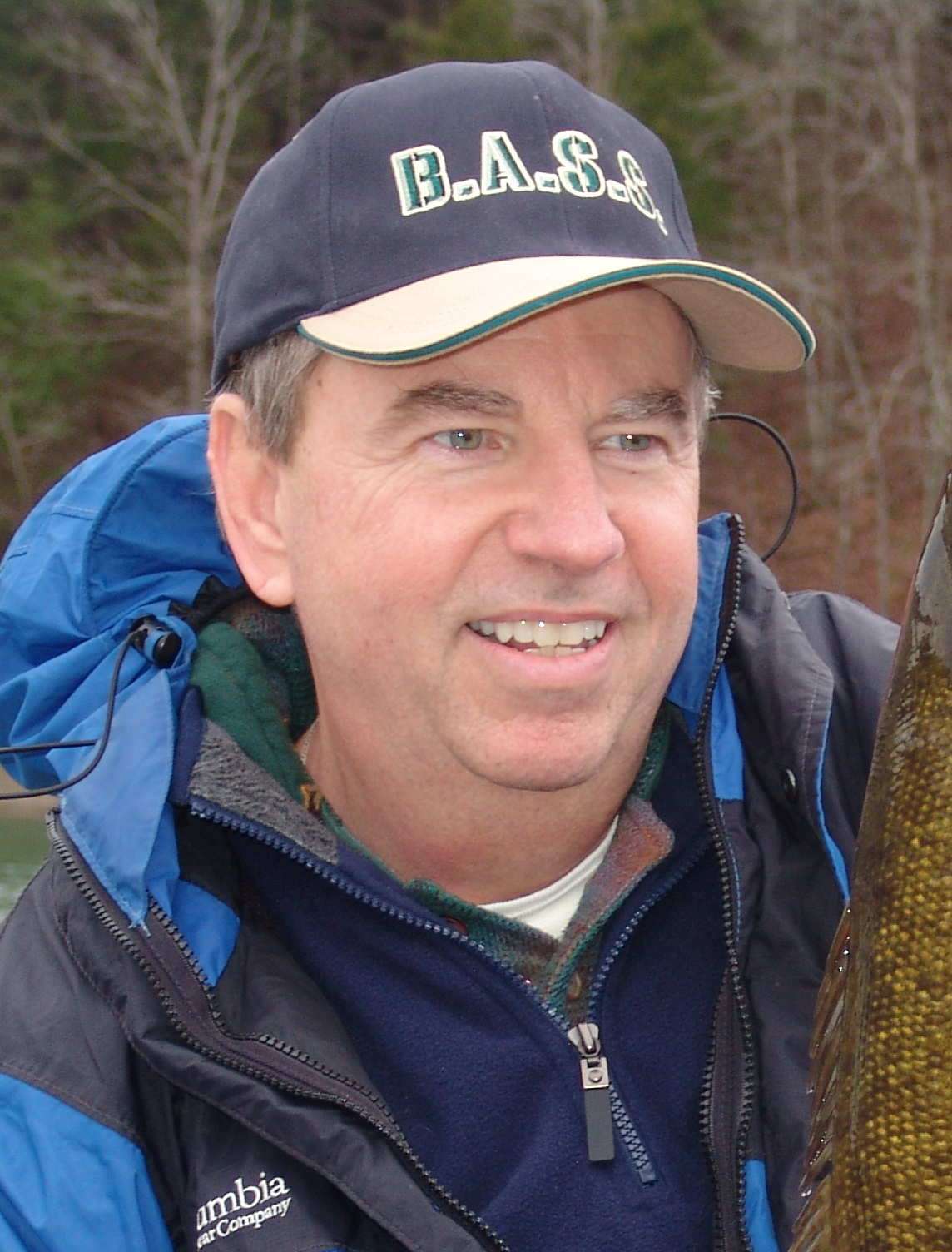
GREEN RIVER, Utah — Following a 13-year break, Utah’s first B.A.S.S. Nation conservation director, Walt Maldonado, is back in the saddle and eager to be a voice again for bass fishing and conservation in his state.
“My goal is to make the Utah B.A.S.S. Nation one of the first organizations that the Utah Division of Wildlife Resources (UDWR) looks to for help to get information to the public, gather our input on changes in fishing regulations before the changes are made, and help get youth and new anglers out in the field and off the couch,” he said.
As an employee of the UDWR for five years, Maldonado is uniquely qualified to strengthen the relationship between the state and bass anglers. Being a Wildlife Program Recreation/Wildlife Depredation Specialist, he explained, means that he is involved in walk-in access and community fisheries programs, as well as hunting.
“It is a dream job and working with employees who are passionate about fish and wildlife makes it even better,” said the father of three who retired in 2009 from the Utah Department of Transportation, after 30 years with that agency.
Maldonado decided to rejoin B.A.S.S. in February, after attending Utah’s first Black Bass Symposium in Salt Lake City, where Gene Gilliland, B.A.S.S. national conservation director, was the keynote speaker. Gilliland and Rick Culver, Utah B.A.S.S. Nation president, persuaded him to take the vacant position, said Maldonado.
Helping keep quagga mussels from spreading out of Lake Powell is one of Maldonado’s top priorities.
“Education about the invasive species is the most important thing we can do,” he said. “We need to bombard the boating and angling public with information to give them the knowledge and skills to help keep our waterways and angling safe from invasive species.”
With Utah being the nation’s second-driest state, as well as growing in population, water always is an issue, he added.
“We need to be smarter with our water use so that we have waterways to recreate in. We want to make sure we protect these fisheries and the opportunities they provide.”
Maldonado was key in helping to improve those opportunities in 2000, when he was conservation director the first time and Bruce Shupp was national director. The two convinced the Bureau of Reclamation (BOR) to change its policy of not allowing artificial structure in its reservoirs.
“Before this change occurred, I was handcuffed on any structure projects because all the bass in the state were in waters the BOR controlled,” he said.
“This opened the door to projects that have been done around the state. With help from fellow CDs around the country, we experimented with different structures that they used and found the ones that work for us.”

